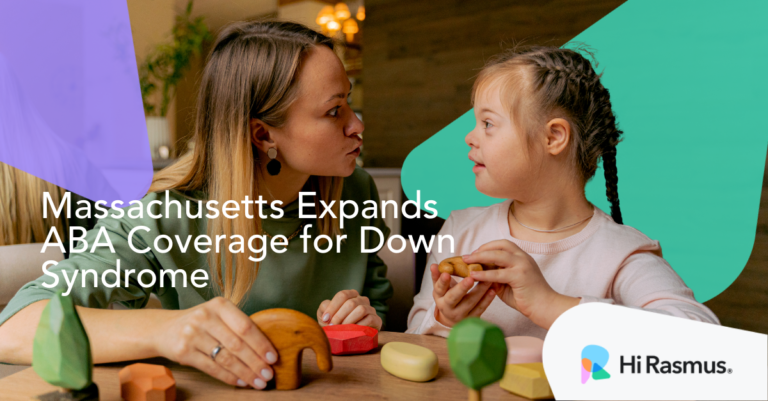What you need to know before January 1, 2026
Important updates are on the way for anyone pursuing or supporting Registered Behavior Technician® (RBT®) certification. The Behavior Analyst Certification Board (BACB) has announced new requirements that will take effect January 1, 2026, and these changes impact training, exam eligibility, competency assessment, and recertification.
Below is a clear breakdown of what’s changing, and what you should do next.
You are currently enrolled in a 40-Hour RBT Training based on the 2nd Edition Task List
If you’re taking a training built on the 2nd Edition Task List, you can still use your training certificate, but only if:
- You complete the course within the required 180 days, and
- You submit your RBT exam application before January 1, 2026
If both conditions are met, your certificate remains valid for exam eligibility.
If you will NOT be able to apply before December 31, 2025:
You should stop taking the current course and contact your training provider. Your course will need to be reset to the updated RBT 2.0 (2026-aligned) version, and you’ll be required to complete that course in full.
Why this matters
The BACB’s transition to the new 2026 standards is not optional. Training content, competency assessments, and certificate requirements are all being updated to align with the latest 3rd Edition Test Content Outline (TCO).
That means:
- Outdated training certificates will no longer be accepted after Jan 1, 2026
- Certificate wording must meet new BACB specifications.
- Trainer and assessor qualifications have changed.
- The RBT exam content is being updated.
- Recertification requirements are shifting to a two-year cycle.
Key Changes to Expect
1. Updated 40-Hour RBT Training Requirements (RBT 2.0)
Beginning January 1, 2026, all RBT training must include:
- Alignment to the 2026 curriculum and updated Task List
- A certificate that includes required BACB language:
“This training program is designed to meet the 2026 training eligibility requirement for RBT certification. The training is offered independent of the BACB.” - Trainers who hold BCBA®/BCaBA® certification and require supervision training
- Assistant trainers/assessors who must hold RBT certification or higher
Important: Certificates from pre-2026 courses will not be accepted for applications submitted after Dec 31, 2025.
2. Initial Competency Assessment Updates
The competency assessment will be adjusted to match the updated RBT 2.0 training. Assistant assessors must now hold RBT certification or higher.
3. RBT Exam Changes
The exam will transition to the 3rd Edition Test Content Outline, which includes modified task descriptions, reorganized domains, and updated expectations for:
- Data collection
- Graphing and trend identification
- Professional conduct
- Skill acquisition and behavior reduction procedures
4. New Recertification Requirements
Current RBTs will shift to:
- A two-year recertification cycle, and
- 12 hours of professional development (PDUs) every two years
Supervision requirements remain unchanged.
What You Should Do Now
If you have not started training yet:
- Enroll directly in an RBT 2.0 / 2026-compliant course to avoid delays
- Review the new recertification requirements at https://www.bacb.com/wp-content/uploads/2025/07/RBT-2026-Requirements_250723-a.pdf
If you’re an organization or trainer:
- Ensure your training program aligns with the 2026 BACB requirements
- Update certificate templates, content, and trainer qualifications
- Communicate deadlines clearly to all trainees
Where to Learn More
You can review the official BACB documents here:
- 2026 RBT Requirements:
https://www.bacb.com/wp-content/uploads/2025/07/RBT-2026-Requirements_250723-a.pdf - RBT Handbook (Updated):
https://www.bacb.com/wp-content/uploads/2025/08/RBTHandbook_250925-2-a.pdf









